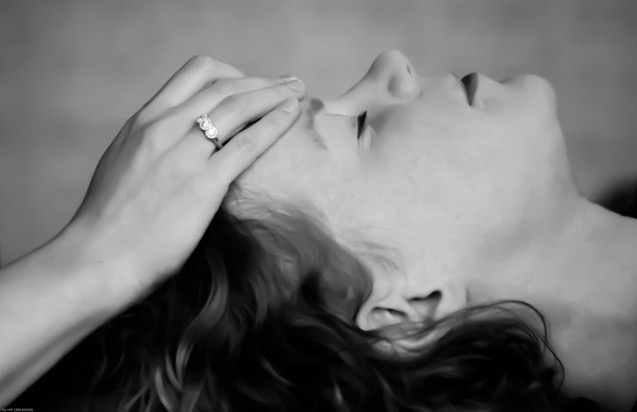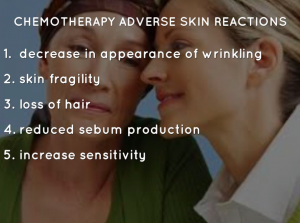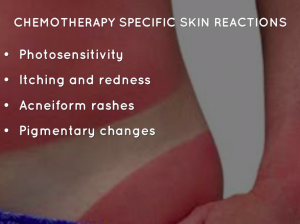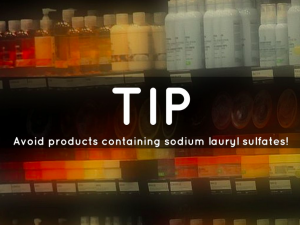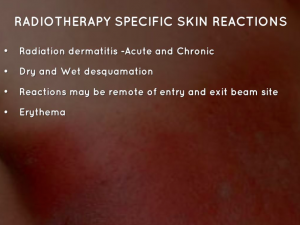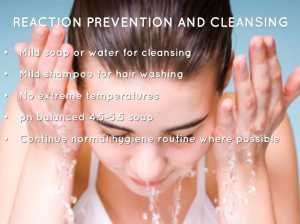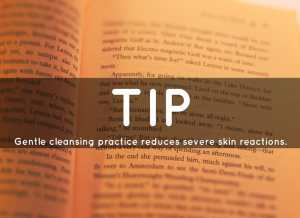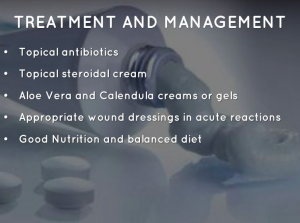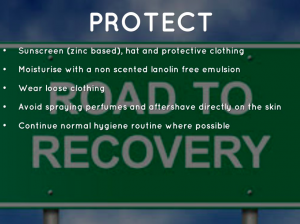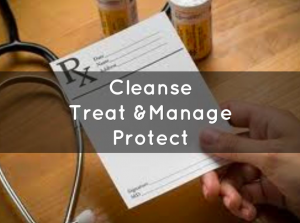As a practising Dermal Clinician I encounter many people who have undergone treatment for Cancer and who present with skin conditions resulting from their treatments. Some skin changes are permanent but the majority are transient and last for the duration of treatment.
This page is taken from a slide presentation which I present to Cancer support groups, as a community service, helping people to manage these changes in their skin.If you require more specific and individual information please head to my Q and A page to submit your question.
The objective is to provide nutritional and skin care advice to patients who have been diagnosed with Cancer who are currently undergoing, or who have completed their treatment which includes Chemotherapy and Radiotherapy and who have experienced adverse side effects.
As we live longer, statistics show our likelihood of being diagnosed with cancer is 1/4 women and 1/3 Australian men; meaning cancer will directly or indirectly affect all of us at some time in our lives.
The diagnosis of Cancer correlates with one of the most difficult and challenging times of our lives.
Maintaining a hopeful and optimistic outlook contributes to a positive prognosis for the future.
For most of us skin defines who we are and how we present ourselves,as well as functioning as a protective barrier from disease and infection.
Treatment options for Cancer include Chemotherapy and Radiotherapy.More than 85% of people undergo these forms of treatments and will suffer from side effects ranging form mild to severe, sometimes resulting in discontinuation of treatment so health skin is an integral part of a successful treatment.
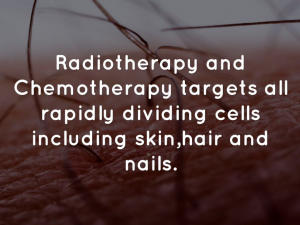
-
Chemotherapy is systemic attacking all rapidly deviding cells in the body.
-
May experience a temporary decrease in wrinkles
-
Increase skin fragility and sensitity combined with thinning
-
Alopecia or loss of hair with changes in colour or curl
-
Reduces lipid or oil secretion
-
Hand and foot syndrome which is related to the medication. 5 Flouracil may leak onto the small capillaries of the hands and feet causing pain ,redness,peeling of the skin. Treatments includes cold compresses and pain relief medication and avoidance of friction and pressure
-
Extravasation injury to the skin at the entry portal where the drug is administered into the vein-leakage of drug causing damage
-
Increased Photosensitivity with an allergic response in solar exposed areas, looks like severe sunburn
-
and may develop blisters and permanent hyperpigmentation,increase risk of solar related lesions
-
The skins ‘army’ the Langerhan cells which help protect the skin are reduced with decreased immunity
-
Erythema Multiforme appears and is similar to acne without the infection and blackheads.May be treated with topical antibiotics although there is no infection present.
-
Pigmentary changes are usually limited to the duration of the treatment, fading at completion. Bleaching agents may be of benefit during the treatment if the patient is concerned.
-
Radiation dermatitis presents as redness,swelling,superficial sloughing ( scaling),may include superficial ulceration. Acute dermatitis is signalled by swelling irritation and pain.Chronic dermatitis presents with thinning of the skin,telangiectasia (spidery veins) and increased sensitivity.
-
Dry desquamation is an increase in dry and thickened skin with moist, oozing and blisters may be present
-
Reactions may appear 1-4 weeks after commencement, during treatment and 10-14 days post treatment
-
Radiation is cumulative and increases with each treatment as does the potential for adverse side effects
-
Reccomended washing practices include washing with water alone or a mild soap or ph adjusted soap
-
Patients receiving radiation to the head should continue to wash their hair with a mild shampoo
-
No rubbing , temperature extremes or aggressive water pressure
-
Mild soap,non scented,lanolin free e.g. Dove soaps
-
Limiting personal hygiene has been shown to be psychosocially damaging, stressful and isolating, negatively impacting on overall health
-
Topical antibiotic creams manage conditions such as Erythema Multiforme, reduces inflammation and pustules even though infection is absent
-
Over the counter topical steroidal creams aid in the relief of acute skin reactions, pain and itching
-
Sucralfate cream creates a barrier in an acidic environment facilitating rapid and optimum wound healing- particularly useful in Radio dermatitis
-
Biafine cream is an herbal oil in water emulsion with non steroidal, antiinflammatory protperties but unfortunatley is not available in Australia and should not be used on rashes
-
Aloe Vera and Calendula creams and gels aid in soothing and reducing inflammation
-
Ascorbic acid (Vit C) topically and in a gel may be of benefit during the healing process
-
Appropriate wound dressing in acute skin reactions include wound healing practices performed by an health professional. Dressings are indicated where there is a breakdown of skin,infection is present and where friction may degrade the skin and involve the dermis
-
Sunscreen is vital during treatment as some medications create acute sensitivity to the sun and sun avoidance is best practice. Apply a zinc based sunscreen with 30 + protection in combination with a hat and protective clothing avoiding the sun in the hottest part of the day
-
Keeping the skin hydrated and pliable with non scented moisturisers and emollients helps the skin barrier to function optimally. If the skin is irritated the use of a lotion of 1% corticosteroid may alleviate symptoms but it is important to consider long term use of a steroidal cream may result in thinning of the skin compromising skin barrier function
-
Avoid applying perfumes and scents directly on the skin to avoid contact dermatitis or chemical burns developing on an already sensitive skin. Spray your perfumes on your clothes prior to getting dressed
-
Wear loose non restrictive clothing.Consider a sports bra in place of an underwire whic may contribute to friction and rubbing
-
Maintaining normal hygiene practice is important psychosocially, unless adverse skin reactions prevent continuation due to pain,discomfort, irritation or it interferes with treatment
-
Avoid swimming in pools as the chemicals in the pool may irritate
Maintaining an healthy skin is as vital psychosocially as it is physically so remember to….
